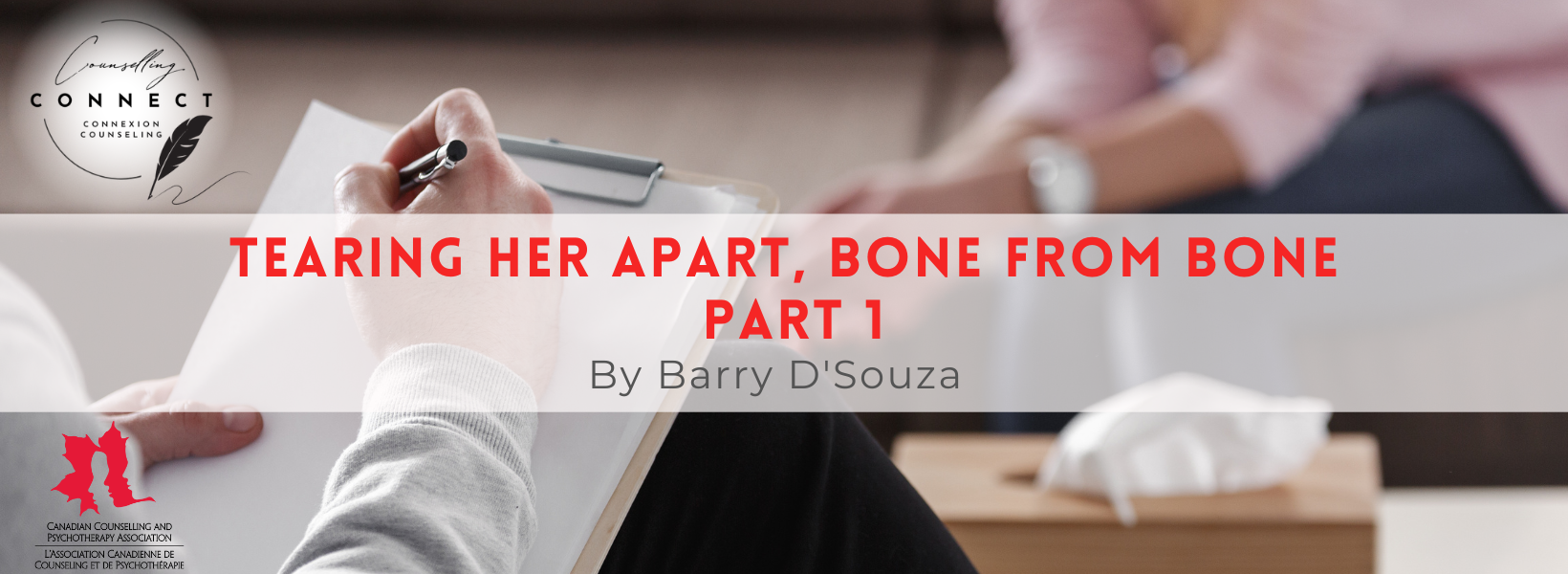
She suddenly looked very uncomfortable, like she might need to be sick. Her breathing was exasperated and she fidgeted in the chair. She shook her head with the reality. Whatever it was, overwhelm had begun to take possession. She asked if she could go there and pointed to the corner of the office.
‘Of course,’ I said in a manner where it seemed the perfectly natural request. She leapt over to the corner, lowered herself to the floor, covered her head with her arms, and shielded me from the sight of her, as if she were protecting me. She started to cry. I looked at her for a moment, then turned away, giving her the moment. She cried and shook her head in paroxsymal release for the next half hour. I looked away into the courtyard, occasionally checking back.
I thought of the ‘political’ ascetics, that great male lineage who once sought a rational religion and to bring fundamental change to Indian society. Ramakrishna Paramhansa, who had put (Bhakti) joy into the life practice of yoga – people need to feel the relationship to the “higher’“ otherwise they won’t switch from idolatry. Vivekenanda, his disciple, who brought yoga and its philosophic message to the World Religions Conference in skyscrapers Chicago. Setting up the East-West dialectic was good globalization. Later the ‘Great Soul’ Gandhi spoke to how Vivekenanda lit the path to his own experiments with the truth. Modernising challenge to the masses, hard act to follow. Awakening to the modern world, they peered into the mirror the British held and saw clear reflection of the inhumanity to women. At least the Imperials didn’t send their widows to their fiery euthanasia, indenture their young girls into future marriages of servitude, or hide away the fully formed adults like some treasure on guard from men without prescribed entitlement. What was this young woman going to add to the story, on behalf of other Indian women, no doubt?
Nothing in my flight of imagination meant a diddle to her, I knew. Nothing of what those spiritual men pointed to in their politics had ever filtered a drip into the lifeworld she inhabited in her village India, seventy years on. She who sobbed in my office, absorbed in painful anguish. She who was hoping that I didn’t see her or was wishing that she’d disappear. This was an early session. This wasn’t ‘Me too’ in India. This was ‘we just don’t count the same’ as I saw it more correctly.
She was a young art student who talked about the violence inside. She described hitting her brother, violence to her father. She spoke to wanting to fight, of wanting to take up kickboxing while she was Paris. But she was ashamed of how she was feeling and kept looking away. She was filled with shame. She had been told that she was crazy all her life, reprimanded for not acting like a proper girl. She was a disappointment to everyone, she confided. The same grandmother, whom she tried to urge off the verandah when the was 6yrs.old, lamented her birth for weeks. She was born a girl!
She hated that grandmother. I could see why. Abuse each in their own way come uncle, come grandfather, come ‘cousin brother’, followed her through life. It was like she was wanting to say ‘fuck them all’, but those were my words. If the discernment was present, she lacked the vocabulary or the experience of speaking and of anyone being interested. If she knew what to say, she lacked the encouragement, the space to say it. I wondered if society back home would ever listen. Would family who really needed to hear it ever listen, give her space and love her at the same time, respect her as human being, no matter what. What would be helpful? We’d take our time. She’d let me know.
I wondered if she’d like to draw Freireian codifications for the next session. For those who might not know, Paolo Freire figured these conceptualisations, the sketched triptych of past structural violence, helped encourage people to talk about the horrific and unspeakable. Such drawings had helped communities in Brazil and beyond talk about their internalised oppression. She was an artist! Maybe they could serve her to get the words. They might serve me in responsible, attuned, enlightened and kind, activist therapy. Of course, careful – no (further) harm where there is trauma. Sure, there was deep and complex trauma. Of course, India is an ancient culture unbudging in its patriarchy. We’d see together what emerges, digest and metabolise slowly, no enzyme, no rush. We’d see together how to proceed against the systemic of south India here in Paris. Prep for an eventual return to the far off homeland. Begin by trying to story the past she carried to the corner of the office. She’d do well in perceiving the violence she had lived in different lights. Therapy is a kaleidoscope, I thought.
“Such powerful depictions!” My turn to shake my head. I took some time to register their effects. “Can you tell me a little about what is happening here in this one?” She looked at me. A determination formed in her face. She nodded knowingly.
“I would like to tear India apart, bone from bone,” she began and let out a pranic generating sigh. I wondered about those male ascetics again and imagined what they’d have to say to what I was hearing.
*The views expressed by our authors are personal opinions and do not necessarily reflect the views of the CCPA